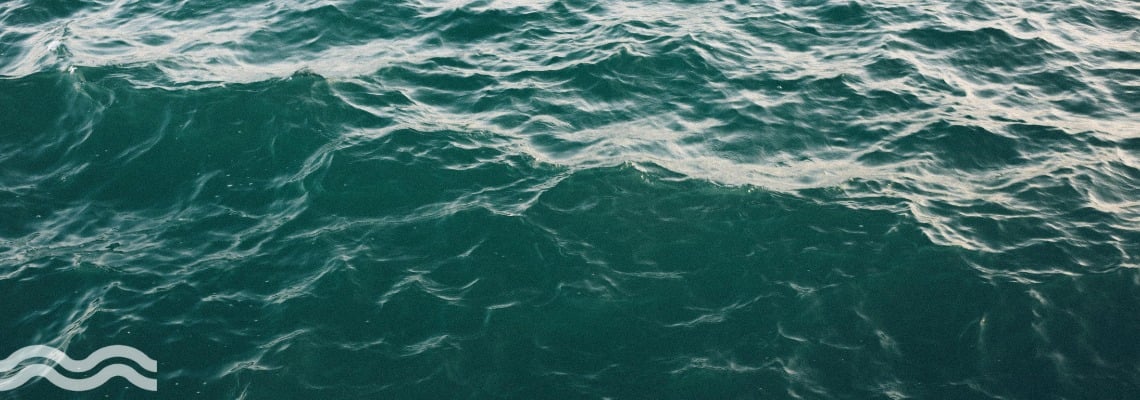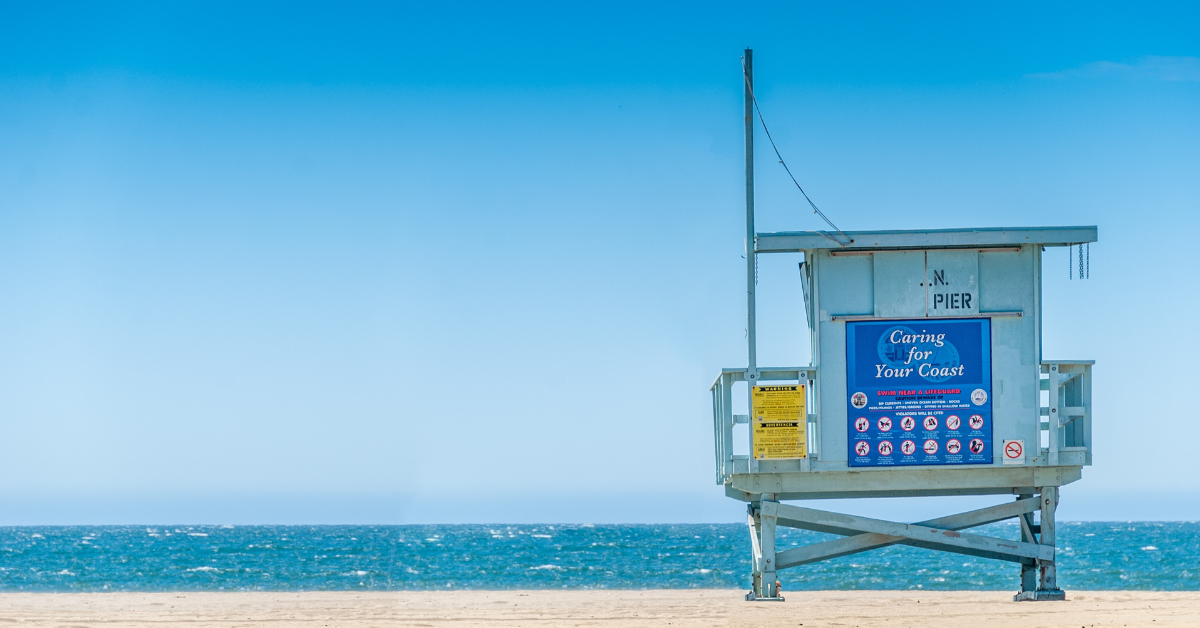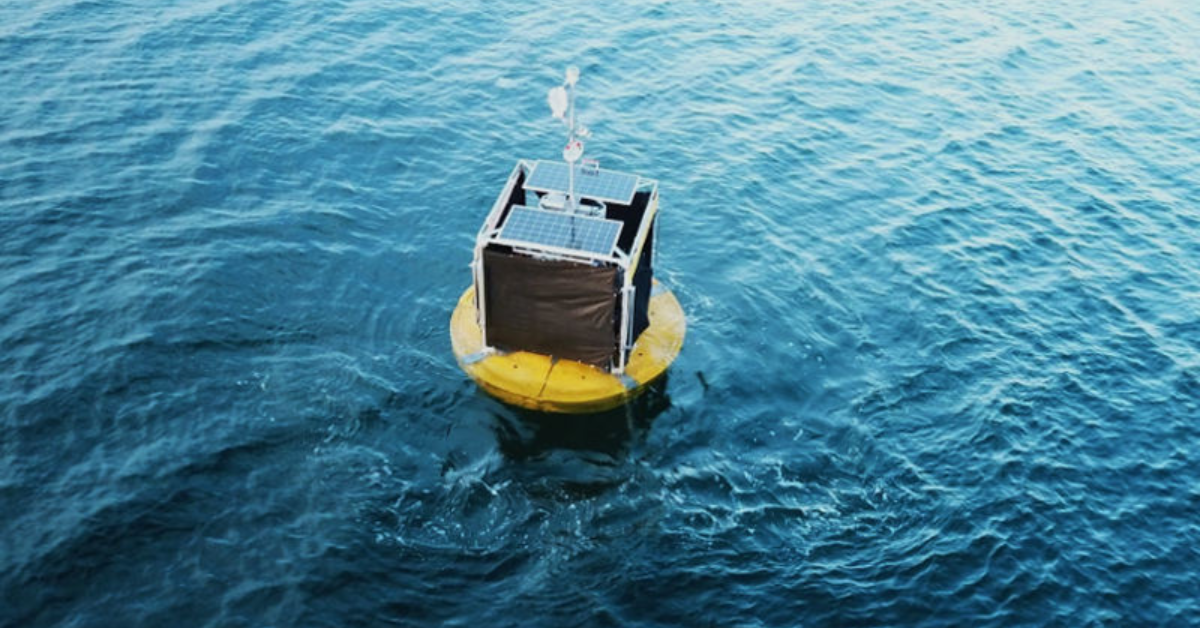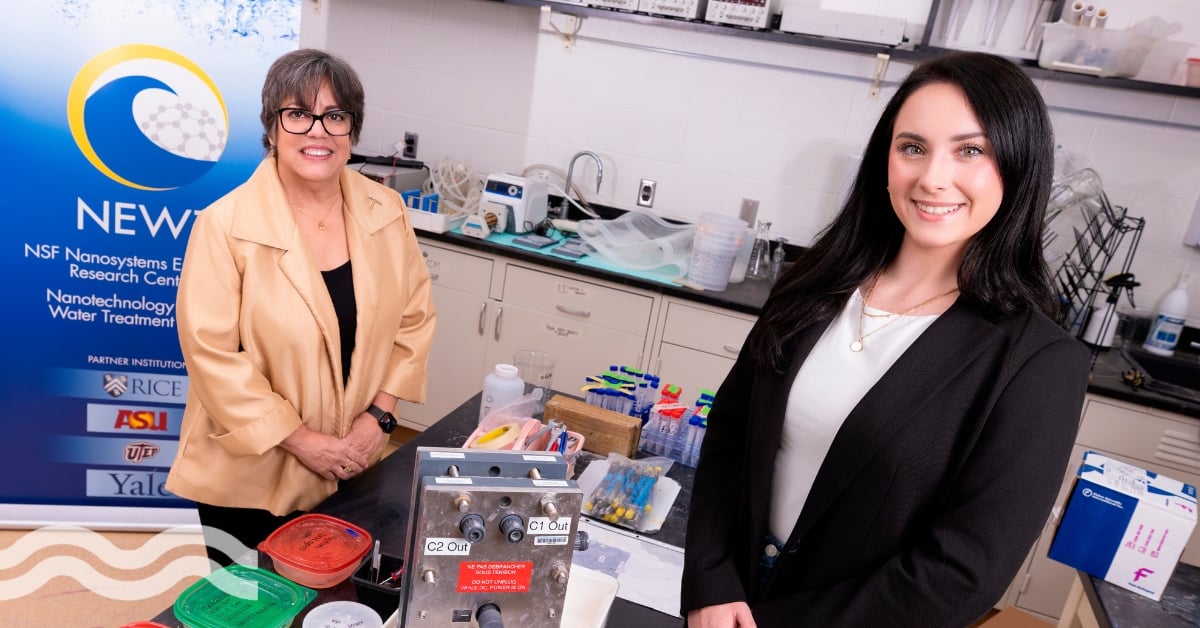Electrically charged membranes scale smarter
US-based company Active Membranes has taken its smart technology from lab prototype to being ready for implementation in full-scale desalination facilities with the release of its latest spiral-wound reverse osmosis modules.

Proof of concept marks a leap forward for smart membranes
Active Membranes has previously supplied 20” by 14” and 40” by 40” membrane modules. However, after a six-month development process, it is now capable of producing 8” x 40” (8040) spiral wound reverse osmosis (RO) modules for both seawater and brackish water applications.
Describing it as more than a simple ‘scaling up’, the company described it as ‘a defining step toward making desalination smarter, more sustainable, and accessible at scale’, and ‘proof that smart membrane technology is ready to stand alongside conventional RO elements while delivering higher recovery, lower chemical use, and more stable operation’.
To get to this point, Active Membranes’ Arian Edalat, co-founder and CEO, told Aquatech Online: “We have been creative with upgrading some of the module elements so that they can seamlessly and conveniently be installed inside a standard pressure vessel.”
Initial pilots are due to take place in a seawater reverse osmosis plant in Israel, with additional locations also under consideration.

Electrical potential, anti-fouling and anti-scaling
Active Membranes' technology utilises patented technology that incorporates 'tuneable electrical potential into a spiral wound desalination membrane module to make it actively resistant to scaling and fouling during the desalination process'.
Edalat explained that the smart anti-scaling and anti-fouling features of the modules are the company’s “key differentiators”. The anti-scaling, anti-fouling properties ensure that the membranes require minimal pre-treatment, with minimal chemical and consumable usage. They can also operate at a higher recovery rate and simplify operation, resulting in a lower footprint, lower capital costs, and reduced operating costs.
According to research conducted by Berkeley Lab, applying electrical conductivity improves the membrane’s ability to separate salts and other contaminants from traditionally hard-to-treat waters, such as brackish groundwaters and the wastewater that is brought to the surface during oil and gas extraction.
This produced water is full of salts, particles, and hydrocarbons, all of which contribute to rapid scaling and fouling of conventional membranes.
With 8040 modules now available, the increased scalability means that the technology can be applied to both large-scale desalination plants and to point-of-entry potable water systems in domestic or office environments.
Recent global award success
Active Membranes was recently named the global winner of the NextWave award at the IDRA Reykjavik Summit on Water and Climate Change. The company’s innovation in smart membranes was selected from a field of more than 30 applicants, representing 18 countries.
In announcing the award, Shannon McCarthy, secretary general of IDRA, said: “Congratulations to Arian, and the team at Active Membranes. NextWave captures where the water sector is heading: agile, collaborative, and grounded in science.”
Investors engaging with desalination innovation
With the launch of its 8040 module, the company is currently raising an investment round to help it ramp up production and grow commercially.
Its previous round, in 2024, raised seed funding with investments from Natural Ventures, Echo River Capital, and Pacifica Water Solutions, among others. At the time, the company announced it would use the funding to further corporate growth, develop and scale technology, facilitate commercialisation, and green-light extended field pilot tests.
Edalat told the media that the seed funding would help the company refine its technology and welcomed the significant experience and expertise that the investors would bring to Active Membranes.




